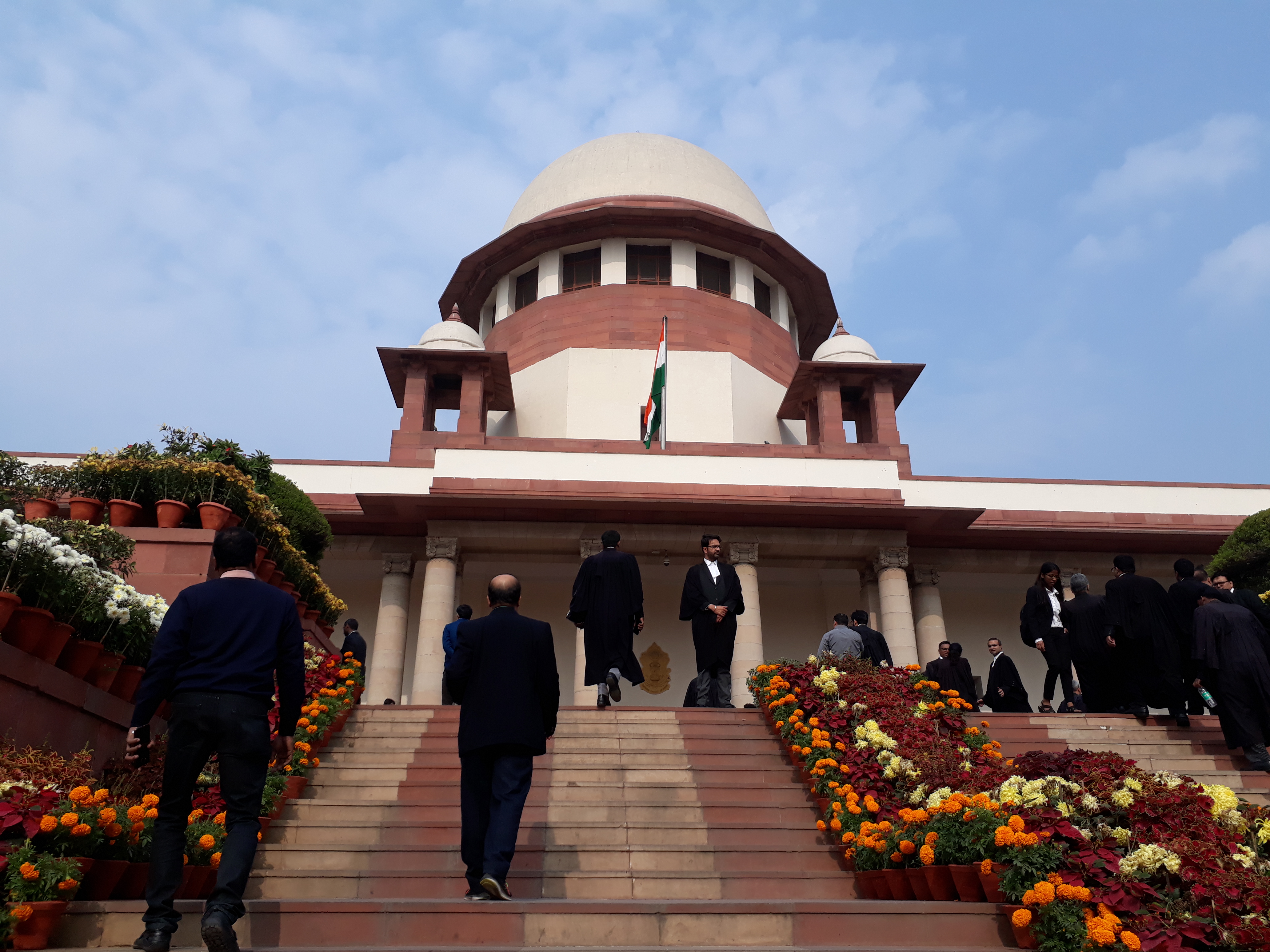“Someone’s statement criticising the government does not invoke an offence of sedition or defamation.” – Supreme Court of India.
Introduced by the British during the colonial era, Section 124A of the Indian Penal Code (IPC) has been used to punish sedition (conduct or speech inciting people to rebel against the authority of a state) as an “offence against the state,” and was used to arrest freedom fighters during the British Raj. Subsequently, on various occasions, successive governments have used this provision against political dissenters.
In January this year, senior journalists and even politicians from the opposition party were booked for posting tweets and “deliberately spreading misinformation during the farmers protest”.
Moreover, in the year 2020, Vinod Dua, a journalist and recipient of the Ramnath Goenka Excellence in Journalism Award posted a video on YouTube in which he criticised the ruling government’s handling of the COVID-19 lockdown and, in particular, talked about the mass migrant exodus in 2020.

Following this, a case of sedition was filed against him under Section 124A of the IPC. During the hearing, Solicitor General Tushar Mehta, who was appearing on behalf of the Himachal Pradesh government, argued in the Supreme Court that Dua had “attempted to spread misinformation or incorrect information and cause panic in the perception of the general public” — “for example, the statement that some people feared that there could be food riots post lockdown was without any basis and had clear potential of spreading panic.”
What the Supreme Court held

Quashing the case, the Supreme Court bench comprising Justice U U Lalit and Justice Vineet Saran held that Dua’s remarks constituted genuine criticism of the government and could not be labelled seditious. The court further held, “Every journalist is entitled to protection under the Kedar Nath Singh judgment (the famous verdict of 1962 on the scope and ambit of offence of sedition in the IPC).”
The bench extensively relied on the principles outlined in the Kedar Nath judgment to give relief to Dua.
So what should we know about the Kedar Nath Singh verdict?
- Kedar Nath Singh was a member of the Forward Communist Party from Bihar. In 1953, he got into trouble after he took on the ruling government during a rally at Begusarai.
- At that rally, he had said, “Today, the dogs of CBI are loitering around Barauni [in Begusarai]. Many official dogs are sitting even in this meeting. The people of India drove out the British from the country and elected these Congress goondas to the gaddi. As we drove out the British, we shall strike and drive out these Congress goondas as well. They have today established a rule of lathis [and] bullets in the country. We believe in revolution which will come, and in the flame of which, capitalists, zamindars and Congress leaders will be reduced to ashes, and on their ashes will be established a government of the poor and the downtrodden people of India.”
- Following the speech he made, Kedar Nath was convicted and imprisoned by a first class magistrate on sedition charges.
- An appeal made by Kedar Nath to the Patna High Court was struck down.
- While the 1962 verdict upheld the constitutional validity of sedition law in India, it did hold free speech, discussions on matters of government functioning and their criticism, and freedom of press as “essential for the proper functioning of the processes of popular government.”
- It also held that “comments, however strongly worded, expressing disapprobation of actions of the Government, without exciting those feelings which generate the inclination to cause public disorder by acts of violence” would not attract the penal offence.
- The bench also said that every journalist will be entitled to protection under the 1962 judgment.
- In its 1962 verdict, the court had held the accused (Kedar Nath Singh) guilty of sedition.
- The judgment was delivered by a bench constituted of Chief Justice B P Sinha and Justices A K Sarkar, J R Mudholkar, N Rajagopala Ayyangar and S K Das.
(Edited by Divya Sethu)
No comments:
Post a Comment